The beef sector in Spain launches the ‘Carbon Neutral 2050’ strategy to contribute to preserving the environment
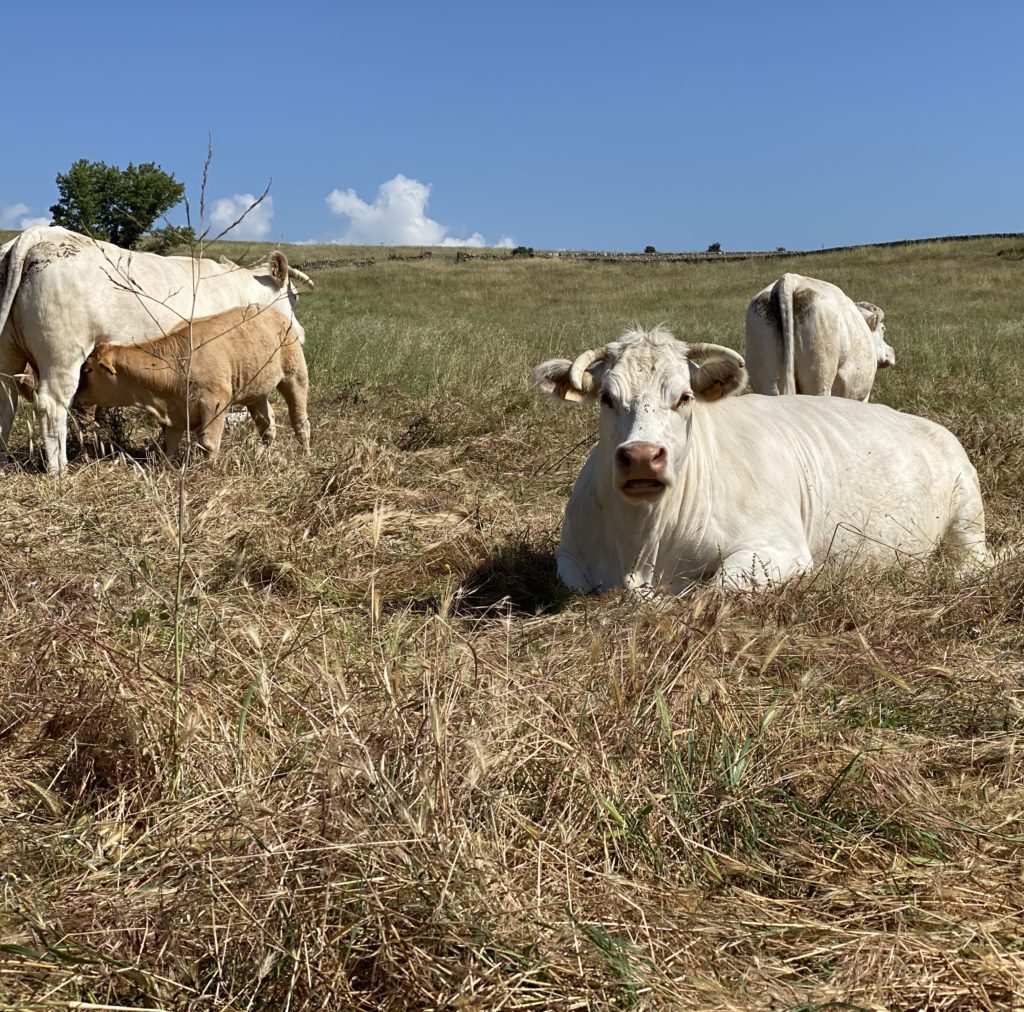
PROVACUNO, the Interprofessional Organization of Beef, has launched the 2050 Carbon Neutral Beef Strategy on the occasion of World Environment […]
Project to extend the shelf life of meats thanks to biodegradable packaging
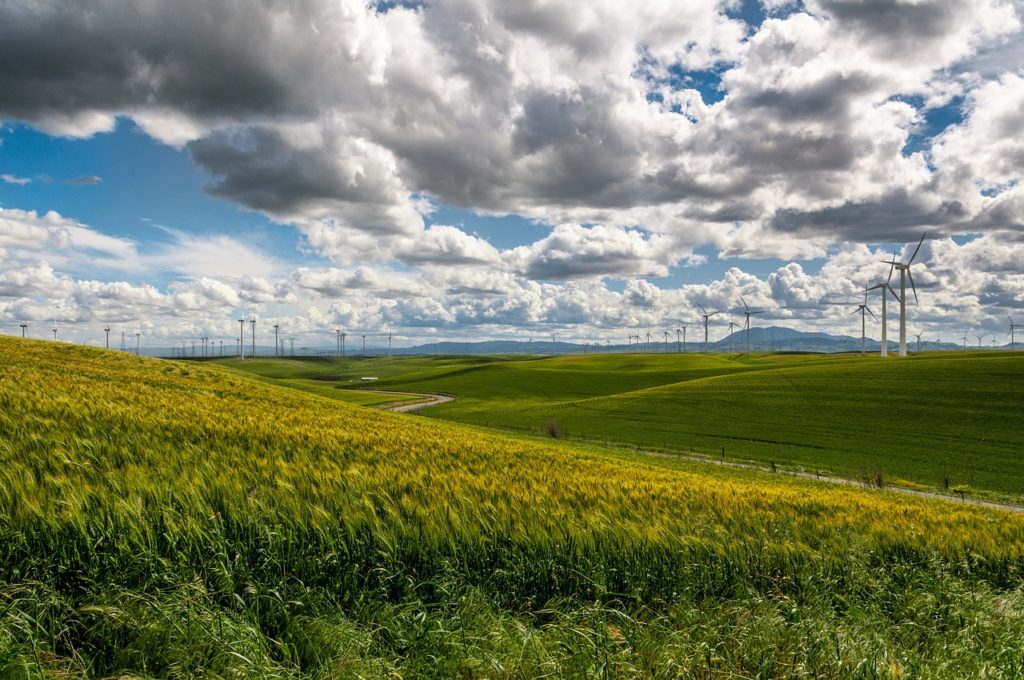
The new packaging can lengthen the shelf life of meat, fish or vegetables, and degrade in a maximum period of 90 days after it is discarded, while it can reduce food waste, which is one of the objectives of the strategy of the circular bioeconomy of the EU.
Vitartis launches with European funds a program to promote the sustainability of food companies
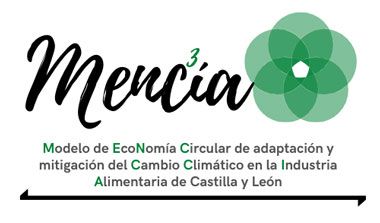
The development of this project, which will last until October, is structured in two action blocks. The first of these refers to the proposal of innovative solutions to mitigate the effects of climate change on companies in the sector; the second block will try to identify the adaptation measures to climate change of the food industry.
Consumers, veterinarians and administrations recognize the work carried out by the livestock-meat sector during the pandemic
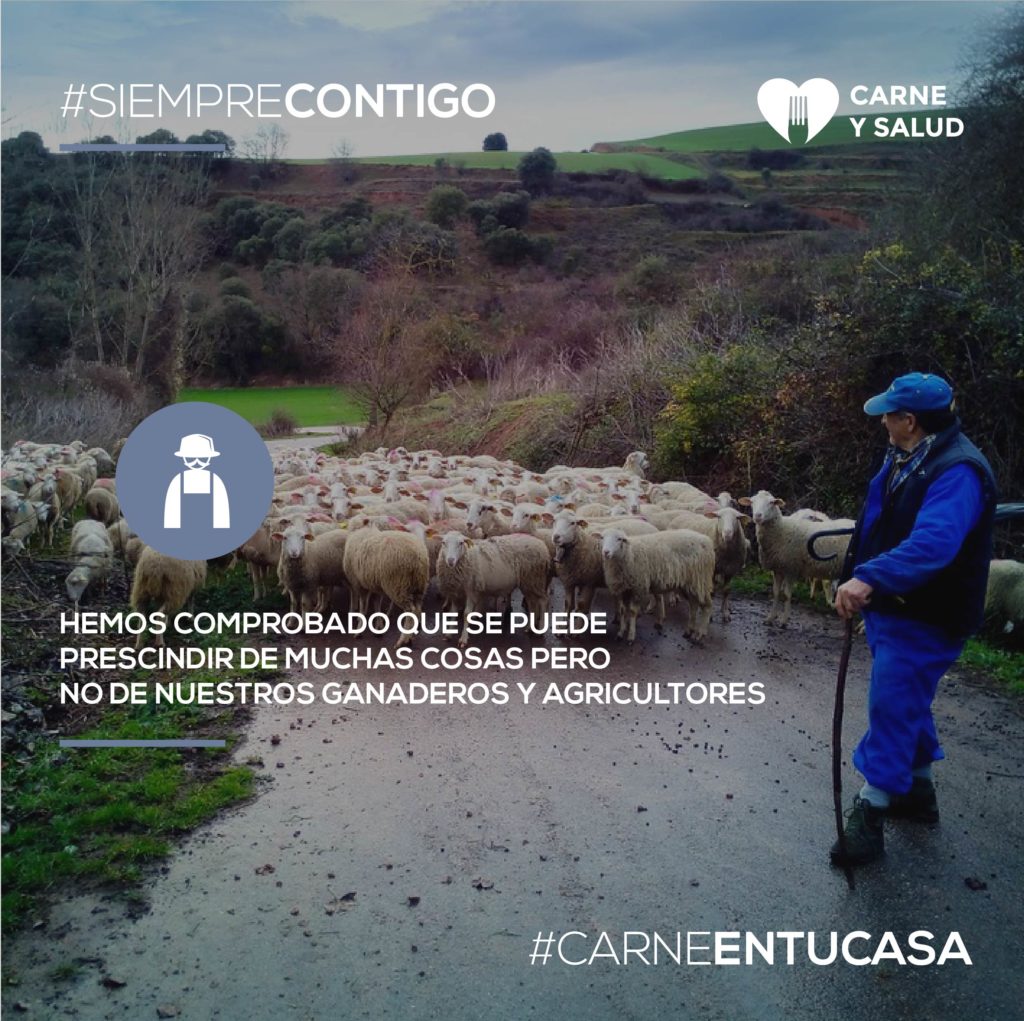
Livestock directly employs more than half a million people in Spain, meat industries 97,000 workers and retail trade another 75,000, estimating that about two million people live in the livestock-meat chain in Spain.
Joaquín Goyache, Professor of Animal Health, defends the positive aspects of the meat sector
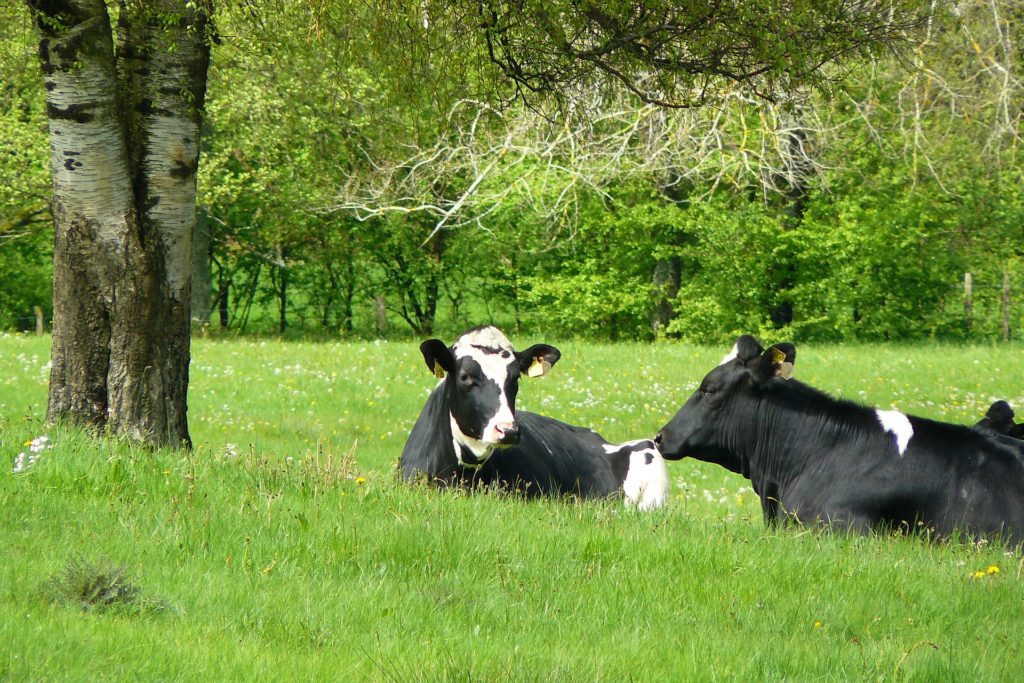
“You are being held responsible for global warming that you don’t have.” The Professor of Animal Health, Joaquín Goyache, […]
Carne y Salud: Sustainability and a European production model for the Spanish meat sector
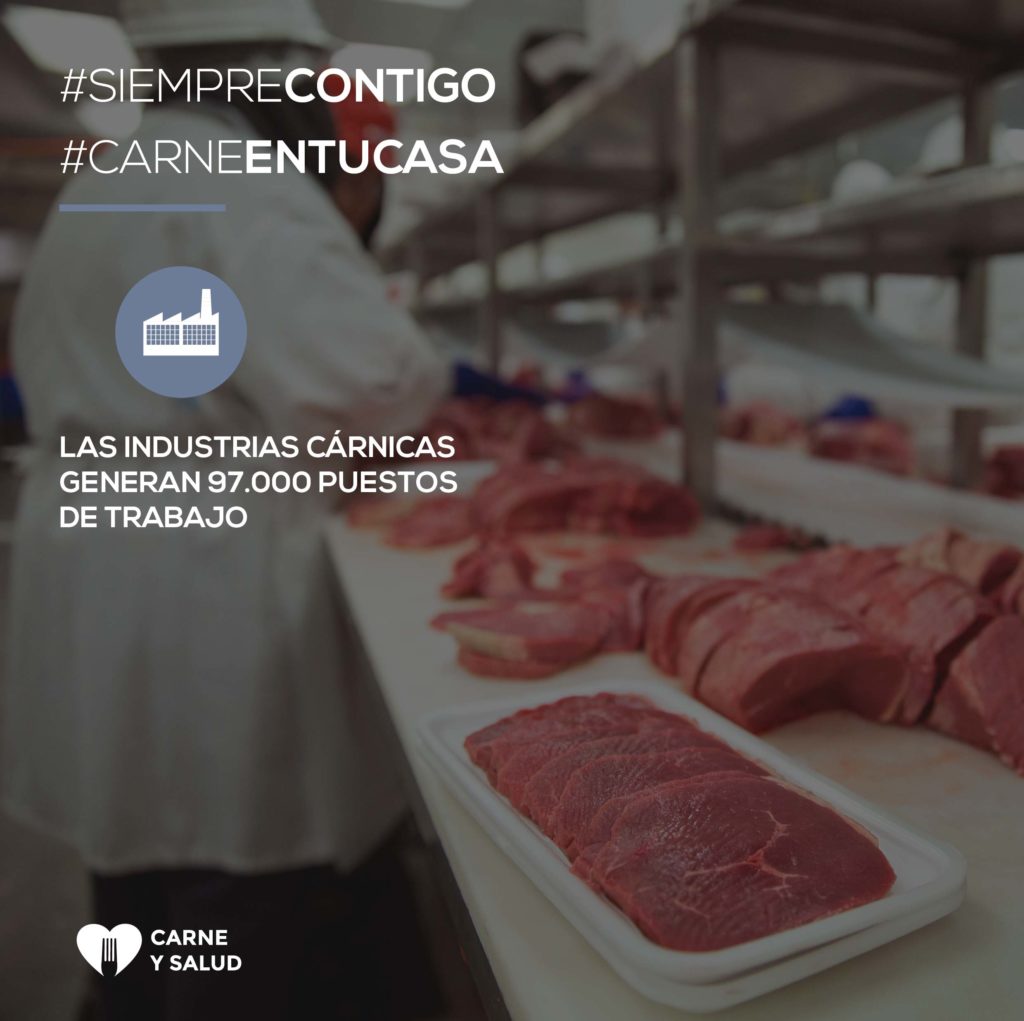
Livestock farms in our country have experienced in recent years a profound evolution that has given rise to a new […]
Carne y Salud: livestock and meat production and greenhouse gas effects during Covid-19
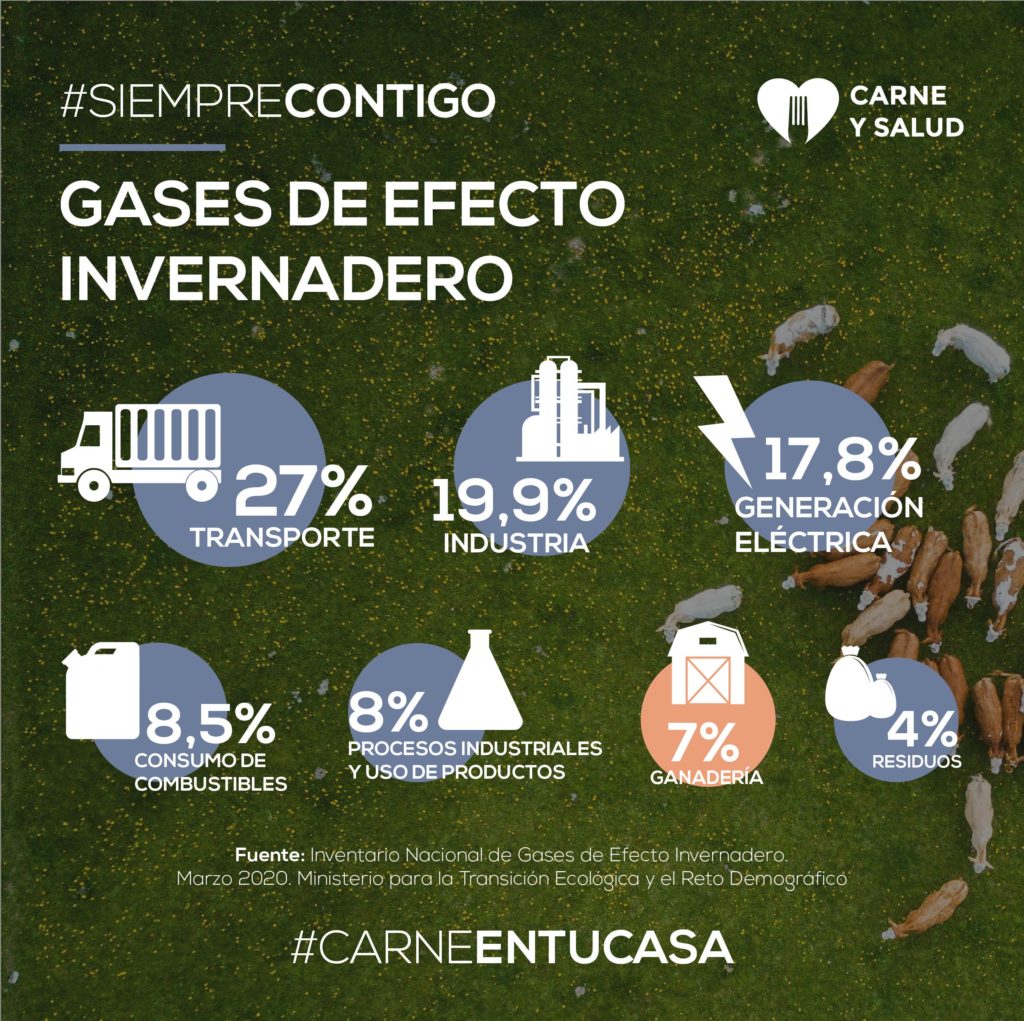
The Carne y Salud platform has produced a report “Livestock and meat production and sustainability” in which perceptions will be crumbled Vs reality, sustainability and the European model of production, balanced consumption, which means the meat industry in rural areas and the sector’s commitment to sustainability.
Anafric is going to break down the report every week on Friday and we begin with the section dedicated, precisely, to greenhouse gas emissions.
Can you imagine a world without livestock
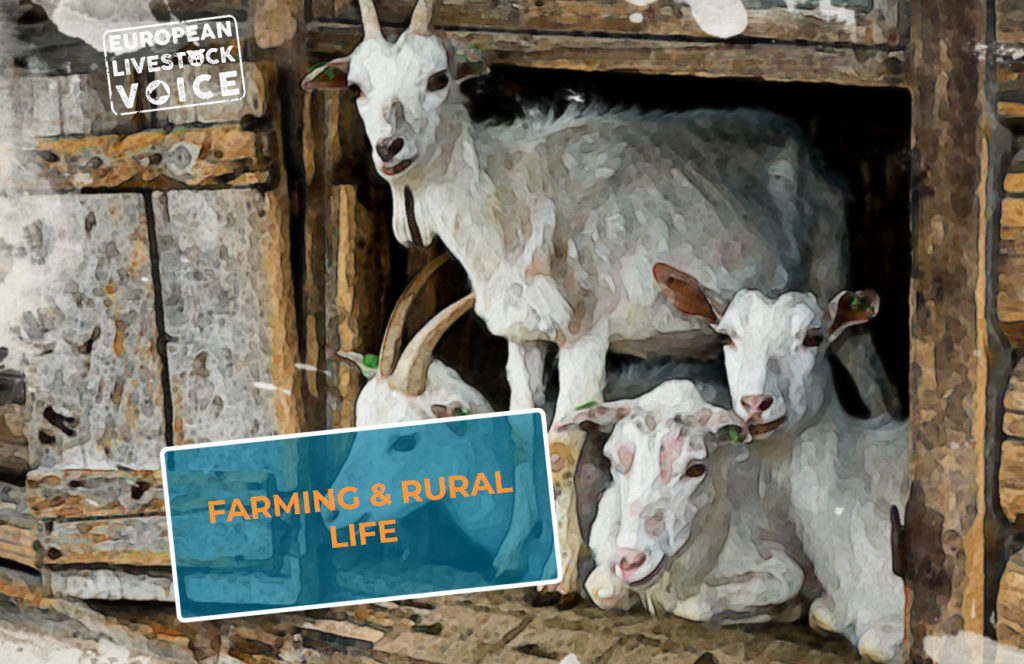
For Europeans and a majority of people around the world, a world without livestock is not something that is widely called for. Nevertheless, a minority fraction of the European population, are considering a world that is “free from livestock production”. This clear and radical stance may seem seductive to some who consider it a coherent vision for the future. However, the singular removal of an entire food group from our future would bring with it a number of consequences that are often ignored.
Commitment to climate change mitigation: What is Life Beef Carbon
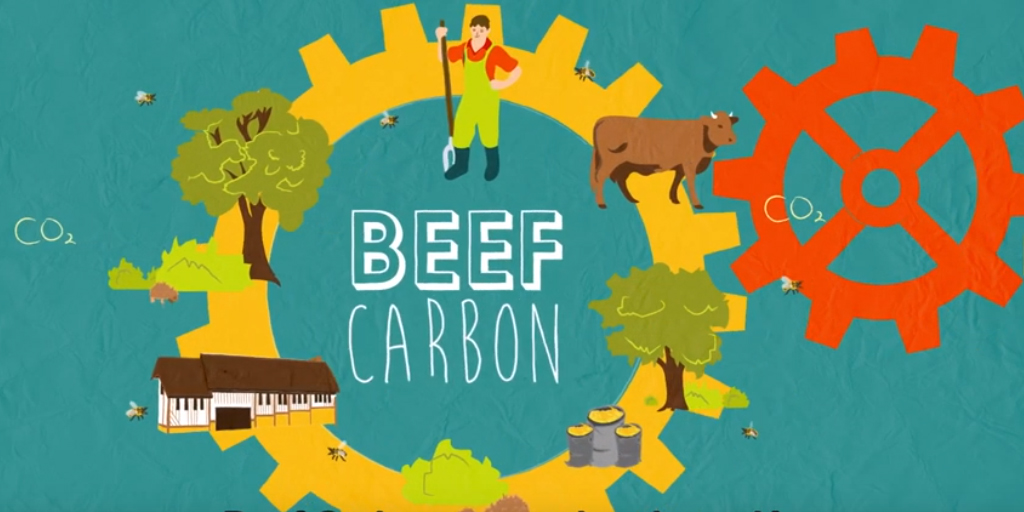
In our interview with Ganaderas en Red, it is stated that “There are many studies that show that extensive livestock not only does not influence climate change, but also reverses this process. The cattle of our companions are raised in extensive, in direct contact with the environment, therefore the livestock load is the optimum to take advantage of the grass and grass without reducing them or losing biodiversity ”.
